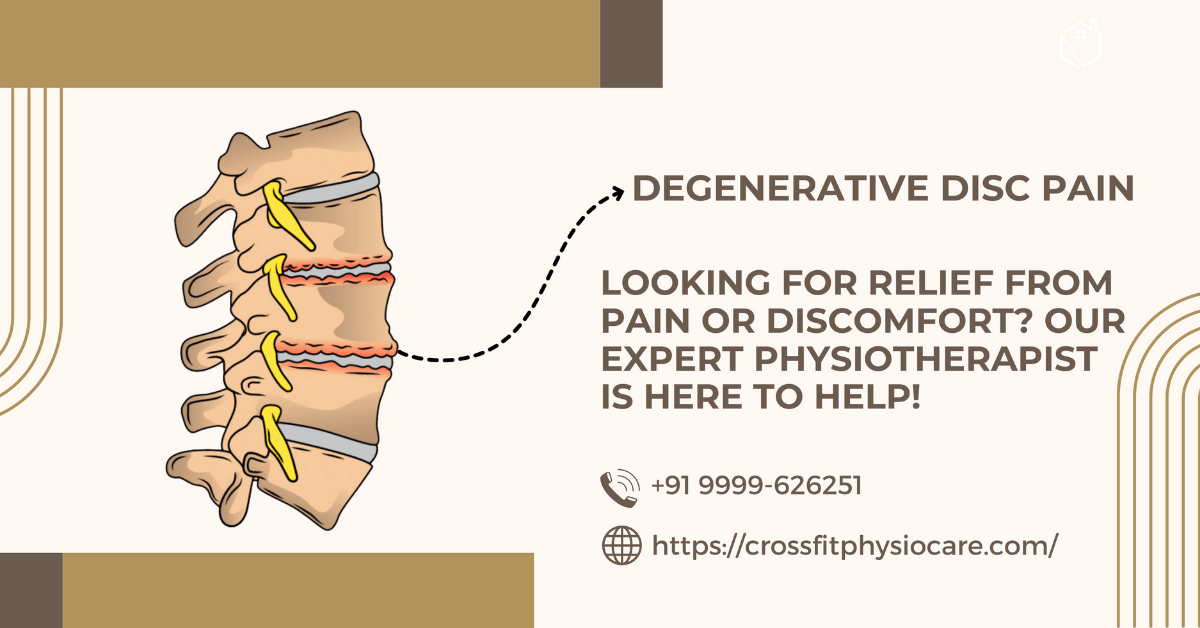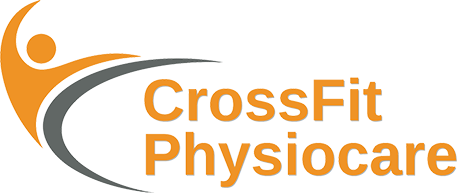
Degenerative Disc Pain
Degenerative disc pain, also known as discogenic pain, refers to discomfort or pain originating from the intervertebral discs in the spine as they undergo degenerative changes. The intervertebral discs are soft, gel-like structures located between the vertebral bones that act as shock absorbers and allow flexibility in the spine. As we age, these discs can undergo wear and tear, leading to degeneration and potential pain. Here’s more information about degenerative disc pain:
Causes of Degenerative Disc Pain:
Aging: The most common cause of degenerative disc pain is the natural aging process. Over time, the discs lose moisture and elasticity, which can lead to decreased disc height and structural changes.
Genetics: Genetic factors can influence how prone an individual is to disc degeneration.
Injury or Trauma: Previous injuries or trauma to the spine can accelerate disc degeneration.
Lifestyle Factors: Poor posture, excessive weight, and a sedentary lifestyle can contribute to increased stress on the discs and accelerated degeneration.
Symptoms of Degenerative Disc Pain:
Pain: The primary symptom is chronic or intermittent pain in the affected area of the spine. Pain can range from mild discomfort to more severe pain that limits daily activities.
Stiffness: Stiffness and reduced range of motion in the spine can occur due to the degenerative changes.
Radiating Pain: Pain may radiate to nearby areas, such as the buttocks or legs, if the degeneration leads to nerve compression.
Treatment and Management:
Pain Management: Over-the-counter pain relievers or prescribed medications can help manage pain and inflammation.
Physical Therapy: A physical therapist can provide exercises to strengthen the core muscles, improve posture, and alleviate pain.
Stretching: Gentle stretching exercises can help maintain flexibility in the spine and surrounding muscles.
Heat and Cold Therapy: Applying heat or cold packs can provide relief from pain and muscle tension.
Lifestyle Modifications: Maintaining a healthy weight, staying active and practicing good posture is important for managing degenerative disc pain.
Injections: In some cases, injections of corticosteroids into the affected area can provide temporary relief from pain and inflammation.
Surgical Intervention: Surgery may be considered in cases where conservative treatments do not provide relief and the pain is severe or causing significant functional limitations.
If you suspect you have degenerative disc pain or are experiencing symptoms, it’s important to consult a healthcare provider for an accurate diagnosis and appropriate treatment recommendations. A healthcare provider can help manage your symptoms and develop a personalized treatment plan based on your individual condition.
- Daani Plaza E-595-596, 4th Floor, Ramphal Chowk Rd, Block E, Sector 7 Dwarka, New Delhi - 110075
- +91 99996 26251
- support@crossfitphysiocare.com
How can we help you?
If you are looking for the best and nearest physiotherapist, then click below to message us on WhatsApp.
